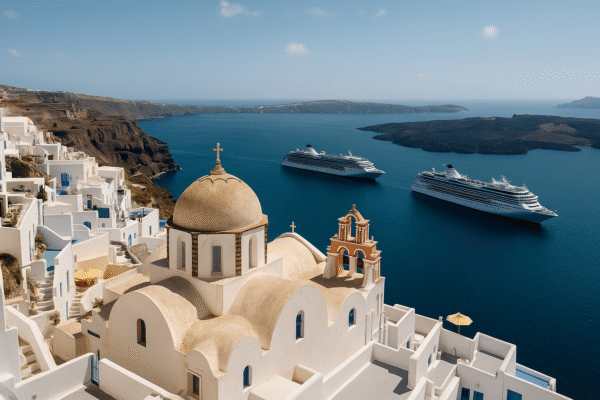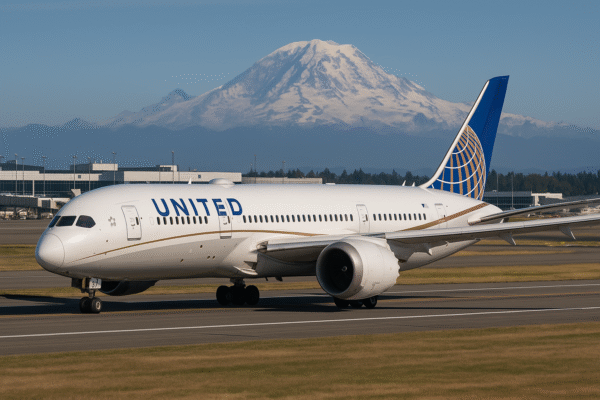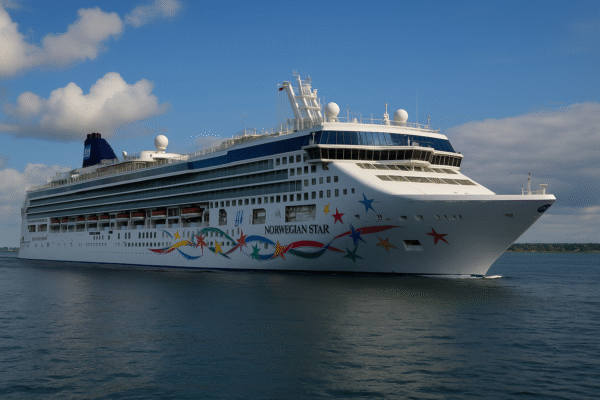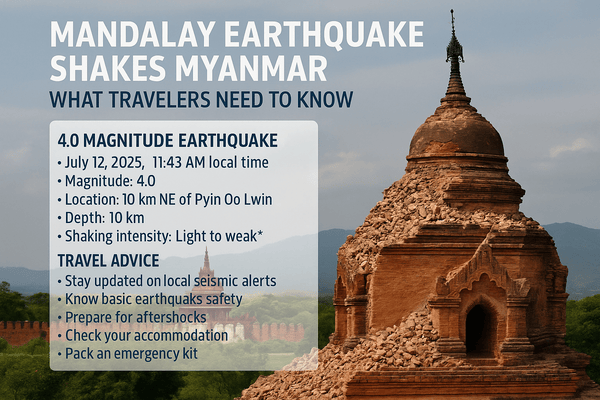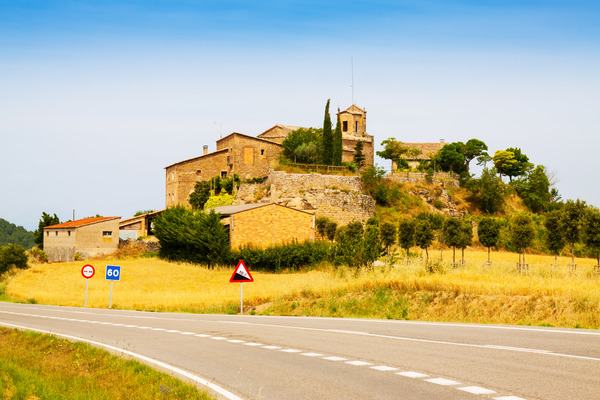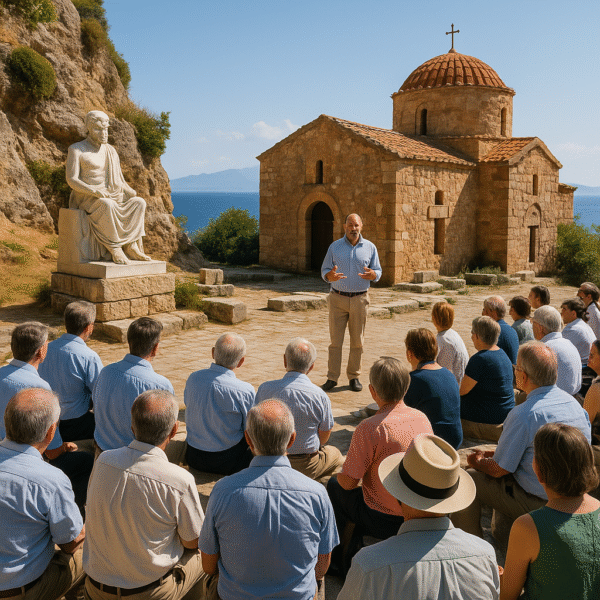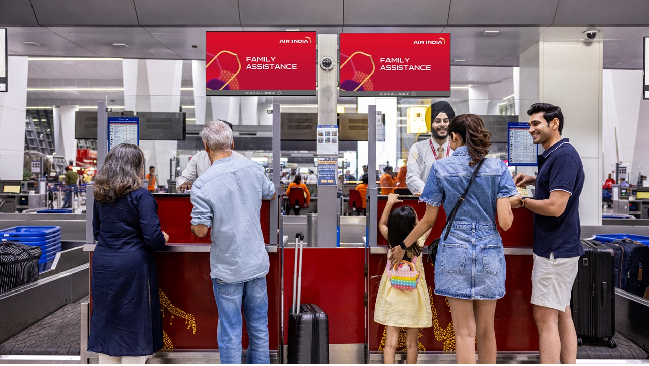Chios Elevates Greece’s Educational Tourism with Euroclassica Homeric Academy 2025
CHIOS, GREECE – Greece reaffirms its role as a global center for classical education and cultural tourism as the island of Chios prepares to host the Euroclassica Homeric Academy 2025 from July 17 to 26. This prestigious annual gathering will bring together scholars, educators, students, and cultural enthusiasts from across Europe and beyond for an immersive experience rooted in Homeric literature, ancient Greek civilization, and contemporary cultural exchange.
Now in its 28th year, the Homeric Academy, organized under the auspices of Euroclassica, remains a cornerstone of international educational tourism. Its blend of rigorous academic curriculum and curated cultural exploration positions it as a model for sustainable and intellectually enriching travel. With thousands of participants since its 1997 inception, the event continues to build bridges between classical knowledge and modern global engagement.
A Dynamic Platform for Academic and Cultural Exchange
The Euroclassica Homeric Academy’s mission is to breathe new life into the classical disciplines by fostering active, interdisciplinary learning. Central to this year’s edition are advanced courses focused on Homer’s Iliad and Odyssey, taught by internationally recognized scholars. Participants will analyze these epics through literary, historical, and philosophical lenses—drawing parallels to contemporary human values, political structures, and cultural identity.
In tandem with literary study, attendees will gain insight into Modern Greek language, literature, and society. Optional modules on traditional Greek dance and music offer a holistic view of Hellenic culture, connecting ancient traditions with present-day customs.
Touring Greece’s Historic and Sacred Sites
The conference itinerary extends well beyond classroom learning. Participants will embark on curated educational visits to historic sites across Greece, beginning in Athens, where they will explore the Acropolis, the National Archaeological Museum, Aristotle’s Lyceum, and Plato’s Academy—all key landmarks in the birth of Western philosophy and democratic thought.
Further south, the group will journey through the Peloponnese, visiting Mycenae, cradle of Bronze Age civilization, and the majestic Epidaurus Theatre, a UNESCO World Heritage Site renowned for its acoustics and architectural perfection.
But it is Chios, the host island, that remains at the heart of this transformative experience. Known as the alleged birthplace of Homer, Chios offers a profound link to the epic tradition. Participants will visit Daskalopetra, a rock formation steeped in Homeric legend, and the 11th-century Nea Moni Monastery, also a UNESCO site. Tours will include Agia Markella, a revered pilgrimage site, and the Chios Mastic Museum, highlighting the island’s unique agricultural heritage and UNESCO-recognized mastic resin production.
Revitalizing Local Economies Through Educational Tourism
Chios’s hosting of the Academy is part of a broader strategy to leverage educational tourism as a sustainable economic driver. Delegates’ spending on accommodations, local tours, dining, and transportation generates direct financial benefits for the island’s businesses and service providers.
Moreover, the event strengthens Chios’s international reputation as an academic and cultural destination capable of hosting large-scale intellectual gatherings. It aligns with the Hellenic Ministry of Tourism’s strategic plan to diversify Greek tourism through alternative tourism models, particularly in the North Aegean Region.
According to the Greek National Tourism Organization (GNTO), cultural and educational tourism is a priority growth sector, especially outside peak summer months. By attracting repeat visitors with niche interests, such events help balance tourism flow and protect heritage sites from over-tourism.
Building Global Networks and Lasting Impact
The Homeric Academy also facilitates international academic collaboration. Institutions from across Europe, including Italy, Germany, Austria, and the UK, regularly send delegations. This enhances cross-border research and dialogue while offering participants a sense of academic belonging and intellectual camaraderie.
Many alumni return home not only with expanded knowledge but also as informal ambassadors for Greece, often sparking institutional partnerships or future travel to the country. The friendships and scholarly networks forged during the conference contribute to long-term tourism development and cultural diplomacy.
In turn, locals benefit from the global exposure and intercultural dialogue. Through direct interactions—whether at village cafés, cultural sites, or dance classes—residents and visitors engage in meaningful exchanges. These moments of shared humanity help dispel stereotypes and promote understanding, enriching both the local social fabric and the visitor experience.
A Sustainable Path for Tourism and Culture
As Greece continues to recover from the pandemic’s disruption to global travel, events like the Euroclassica Homeric Academy show the power of targeted cultural programming in revitalizing tourism. By combining academic depth with experiential learning, the Academy offers a tourism model that respects local heritage, educates travelers, and supports small-scale economies.
Looking ahead, the Academy’s organizers hope to institutionalize Chios as a permanent fixture in Greece’s educational tourism circuit. Their vision includes annual conferences, cultural residencies, and off-season academic retreats that celebrate the enduring relevance of Greek civilization.
Through the lens of Homer’s epics, Chios invites the world to not only remember the past but to actively learn from it, live it, and pass it on.
For more travel news like this, keep reading Global Travel Wire
